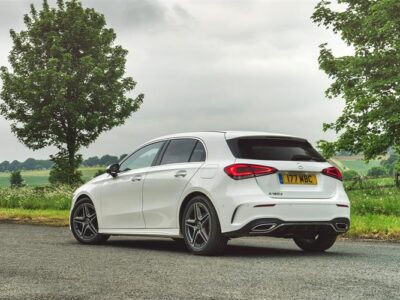
Are Renault Captur Reliable? The Full, Honest Reliability Breakdown
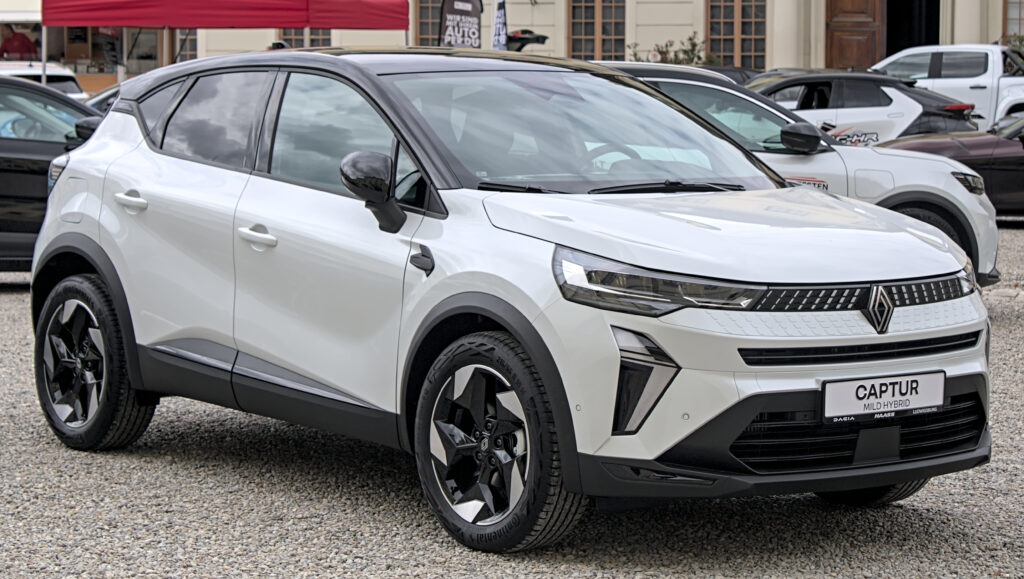
- Introduction: The Big Question Behind the Captur’s Smile
- Understanding the Captur’s Reliability Landscape
- Generations Matter: Reliability Across Captur Models
- So… Are Renault Captur Reliable Overall?
- Engine Reliability: The Heart of the Captur
- Gearbox Reliability: Manuals vs Automatics
- Electrical and Sensor Reliability
- Interior Quality and Longevity
- Suspension and Steering Reliability
- The Most Common Renault Captur Problems
- Maintenance, Running Costs & Servicing
- Long-Term Durability: What Owners Actually Say
- Most Reliable Renault Captur Years
- How to Keep Your Captur Running Smoothly
- Captur vs Rivals: Reliability Match-Up
- Final Verdict: Are Renault Captur Reliable?
- FAQs
Introduction: The Big Question Behind the Captur’s Smile
We’ve all seen the Renault Captur cruising around — that compact SUV with the cheeky grin, two-tone paint, and just the right mix of style and practicality. It’s the type of car that makes you think, “Yeah, that could fit my life nicely.”
But then the second thought hits… “Are Renault Captur reliable?”
Let’s be real: reliability is the silent deal-breaker. A car can look stunning, sip fuel politely, and park like a dream, but if it leaves us stranded on a rainy morning, that’s game over. So today, we’re going deep into the Captur’s real-world reliability — not brochure promises, not glossy marketing, but what the Captur is truly like to live with.
Grab a drink, settle in, and let’s chat like friends who love cars but also love honesty.
Understanding the Captur’s Reliability Landscape
Reliability in the small SUV segment is a battlefield. The Renault Captur competes against the Ford Puma, Volkswagen T-Cross, Peugeot 2008, Kia Stonic, and Hyundai Kona. Each has its strengths, but the Captur carves out a unique space with style, comfort, and excellent running costs.
But style doesn’t repair itself. So how does the Captur stack up mechanically? The picture is surprisingly positive with a few personality quirks — the kind that may or may not matter depending on the engine and year.
Generations Matter: Reliability Across Captur Models
First Generation (2013–2019)
The first Captur was charming but had its moments. Think of it as that friend who’s fun but occasionally forgets their wallet.
Strengths
- Solid diesel engines
- Affordable maintenance
- Good interior durability
Weaknesses
- Early infotainment glitches
- Occasional electrical hiccups
- TCe petrol injectors on early models
Second Generation (2020–Present)
This is the Captur that grew up — better materials, smoother engines, smarter hybrid tech.
Strengths
- Much better electronics
- Improved build quality
- Smooth TCe engines and refined hybrid system
Weaknesses
- Rare hybrid gearbox calibration issues
- Some sensor warnings that require software updates
So… Are Renault Captur Reliable Overall?
Here’s the straightforward answer:
Yes — Renault Captur models are generally reliable, especially the facelifted Gen 1 (2017+) and all Gen 2 (2020+).
They’re not “unbreakable Toyota reliable,” but they’re dependable daily cars that won’t punish you with constant repairs — as long as you pick the right engine and avoid early dual-clutch automatics.
Think of the Captur as “reliable with a splash of personality.”
Engine Reliability: The Heart of the Captur
TCe Petrol Engines
These engines are Renault’s bread-and-butter, and the newer models (TCe 90, 100, 130, 140) are rock-solid.
You may be interested in reading Kia Picanto Reliability: The Complete Long-Term Ownership & Reliability Guide
Kia Picanto Reliability: The Complete Long-Term Ownership & Reliability GuideCommon Strengths
- Refined and quiet
- Punchy for their size
- Excellent fuel economy
Possible Weaknesses
- Early TCe injectors on 2013–2016 models
- Turbo wastegate noises
- Coil pack failures (cheap fix)
dCi Diesel Engines
Renault’s 1.5 dCi is legendary. Millions of these engines power Renault, Nissan, Mercedes and Dacia models around the world.
Strengths
- Extremely durable
- Great for long-mileage drivers
- Low fuel consumption
Weaknesses
- EGR clogging on short-trip cars
- DPF blockages if mostly driven in the city
E-Tech Hybrid Engines
The hybrid system is clever — almost too clever. It uses a multi-mode gearbox with no traditional clutch.
Strengths
- Excellent urban fuel economy
- Smooth when calibrated correctly
Weaknesses
- Occasional gearbox clunks
- Rare actuator issues
- Occasional software updates needed
Gearbox Reliability: Manuals vs Automatics
Manual Gearbox
Manual Capturs are the unsung heroes.
Common Traits
- Simple, durable, long-lasting
- Low repair costs
Minor Issues
- Stiff second gear in early cars
- Clutch wear for city-heavy drivers
EDC Dual-Clutch Automatic
Ah yes… the infamous EDC.
Early Models (2013–2016)
These can be troublesome:
- Jerky shifting
- Mechatronic issues
- Expensive repairs
Post-2017 Models
Much more reliable due to hardware and software improvements.
Hybrid Multi-Mode Gearbox
Unique system — sometimes feels “robotic” but often misunderstood.
- Not a traditional automatic
- Needs periodic software updates for smoothness
Electrical and Sensor Reliability
Renault has historically caught some shade for electrical quirks. The Captur is much improved, but older models still show patterns.
Most Common Electrical Niggles
- Tyre pressure system errors
- Parking sensor ghost alarms
- R-Link freezes (Gen 1)
- Keyless entry inconsistencies
The good news?
These are rarely serious and often fixed cheaply or via firmware updates.
Interior Quality and Longevity
What the Captur Does Well
- Comfortable seats that age gracefully
- Durable upholstery
- Good weather sealing
- Improved soft-touch materials in Gen 2
Common Long-Term Wear
- Door card rattles
- Wind noise from ageing seals
- Centre console creaks
The cabin won’t fall apart, but it might develop a few quirks — like a friendly older home.
Suspension and Steering Reliability
Nothing exotic here — and that’s a good thing.
Strengths
- Simple suspension layout
- Cheap component replacement
- Predictable long-term wear
Typical Repairs
- Anti-roll bar drop links
- Rear shock absorbers
- Control arm bushings
Again: inexpensive, widely available, quick repairs.
The Most Common Renault Captur Problems
Here’s a clean, quick list of the issues that appear most frequently:
You may be interested in reading Kia Picanto Reliability: The Complete Long-Term Ownership & Reliability Guide
Kia Picanto Reliability: The Complete Long-Term Ownership & Reliability Guide Are Kia Picanto Parts Expensive?
Are Kia Picanto Parts Expensive?- Electrical glitches and warning lights
- Turbo issues on early petrol models
- Occasional DPF clogging
- Early EDC gearbox judder
- Suspension knocks
- Battery drain on older cars (software bug)
Notably, none of these are catastrophic engine failures.
Maintenance, Running Costs & Servicing
One of the Captur’s strengths is affordability.
Typical Costs
- Annual service: £150–£220
- Major service: £280–£350
- Timing belt: £350–£550
- EDC gearbox fluid: £180–£250
- Hybrid service: Often included in standard packages
For a small crossover, these numbers are pleasantly low.
Long-Term Durability: What Owners Actually Say
Across forums, surveys, and owner reviews, the themes repeat:
Positive Themes
- “Cheap to run”
- “Reliable once early issues sorted”
- “Fun and practical”
- “Good fuel economy”
Negative Themes
- “Sensors love to complain”
- “Early EDC gearbox was a headache”
- “R-Link can freeze”
But overall? Owners are content, especially with post-2017 models.
Most Reliable Renault Captur Years
Top Picks
- 2020–present — best electronics, best build quality
- 2017–2019 — revised engines, improved gearboxes
- 2015–2016 diesels — incredibly durable
Approach with Care
- 2013–2014 early builds
- Any early dual-clutch automatic (EDC)
How to Keep Your Captur Running Smoothly
Essential Tips
- Stick to annual servicing
- Use high-quality fuel for TCe engines
- Avoid short trips if you choose a diesel
- Update infotainment and ECU software
- Replace gearbox oil at correct intervals
- Keep the battery healthy
The Captur rewards care — and punishes neglect.
Captur vs Rivals: Reliability Match-Up
Ford Puma
- Better driving feel
- Slightly better reliability
- Higher repair costs
Peugeot 2008
- Better interior design
- Similar reliability
- Slightly fussier electronics
Kia Stonic
- Ultra-reliable
- Less tech, more basic feel
Volkswagen T-Cross
- Excellent build
- Higher maintenance costs
The Captur sits comfortably in the upper-middle reliability tier.
Final Verdict: Are Renault Captur Reliable?
Yes — the Renault Captur is a genuinely reliable small SUV when you choose the right engine and model year. The latest generation (2020 onward) is especially impressive, combining solid engineering with better electronics and refined hybrids.
It’s not perfect, but it is dependable, economical, comfortable, and affordable to maintain — a great everyday companion that won’t drain your wallet.
If reliability matters to you (and it should), the Captur is a smart choice.
FAQs
Is the Renault Captur reliable long-term?
Yes. With proper servicing, many exceed 150k–200k miles without major issues.
Are Captur automatics reliable?
Post-2017 EDC automatics are. Early ones can be troublesome.
Are Captur petrol or diesel engines more reliable?
The 1.5 dCi diesel is the most proven. Among petrols, the TCe 130/140 engines are excellent.
You may be interested in reading Kia Picanto Reliability: The Complete Long-Term Ownership & Reliability Guide
Kia Picanto Reliability: The Complete Long-Term Ownership & Reliability Guide Are Kia Picanto Parts Expensive?
Are Kia Picanto Parts Expensive? Is the Kia Picanto Good for Long Drives? The Complete Long-Distance, Highway & Motorway Performance Guide
Is the Kia Picanto Good for Long Drives? The Complete Long-Distance, Highway & Motorway Performance GuideIs the Captur expensive to maintain?
Not at all — it’s one of the most affordable small SUVs to maintain.
What’s the most reliable Captur year?
The 2020+ second-generation is the most dependable overall.
If you want to know other articles similar to Are Renault Captur Reliable? The Full, Honest Reliability Breakdown you can visit the category Blog.
Leave a Reply

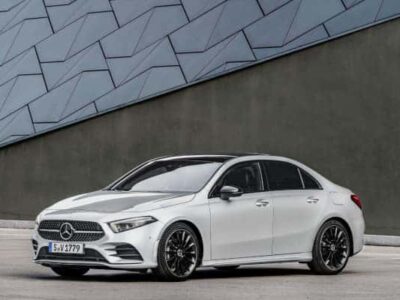
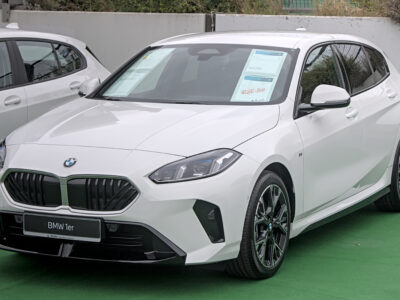
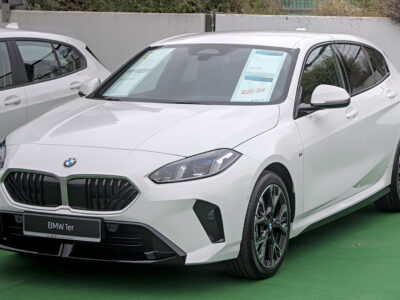
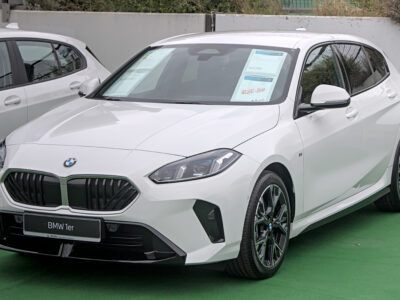
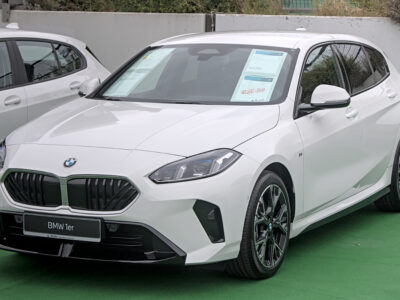
More content of your interest